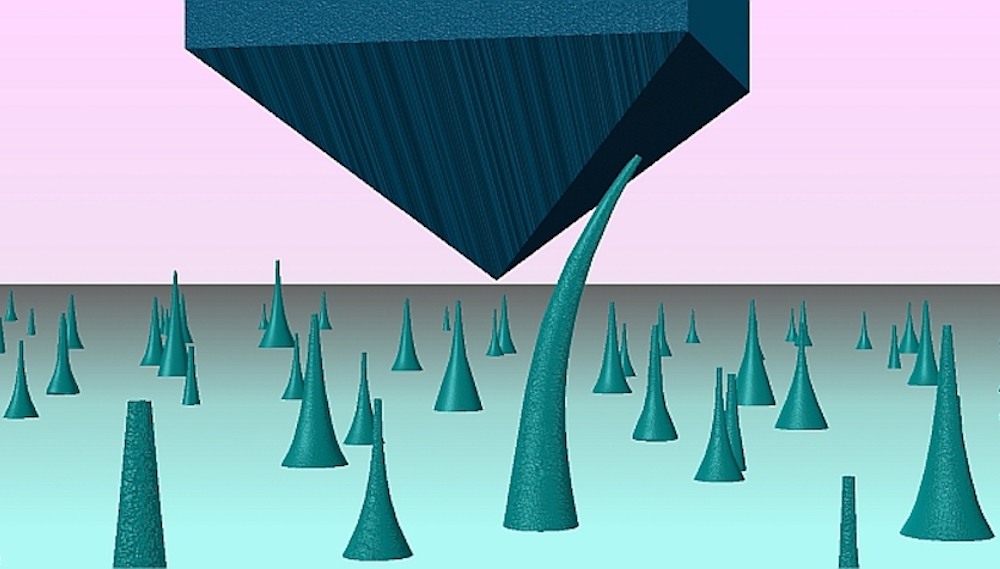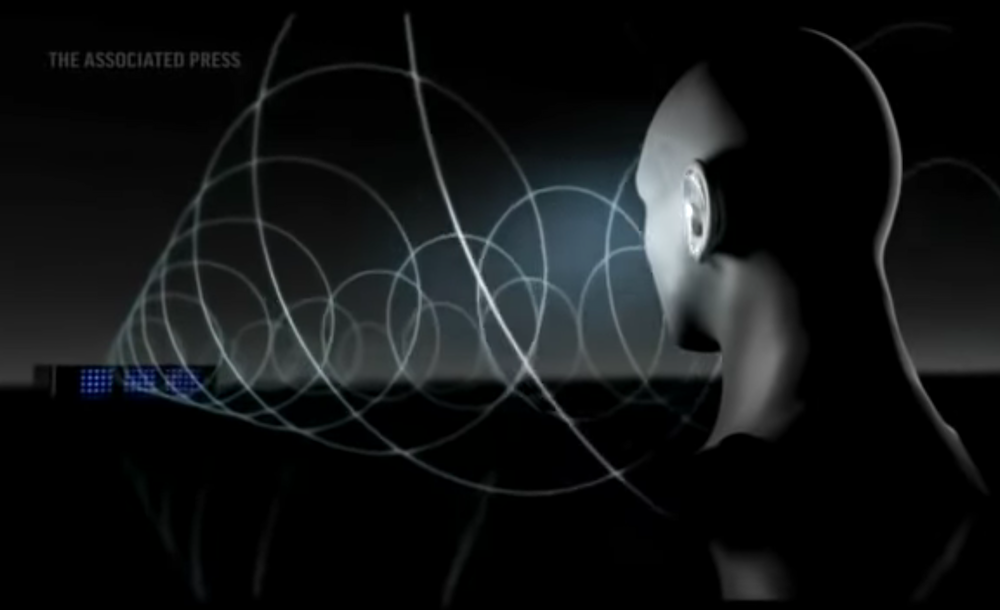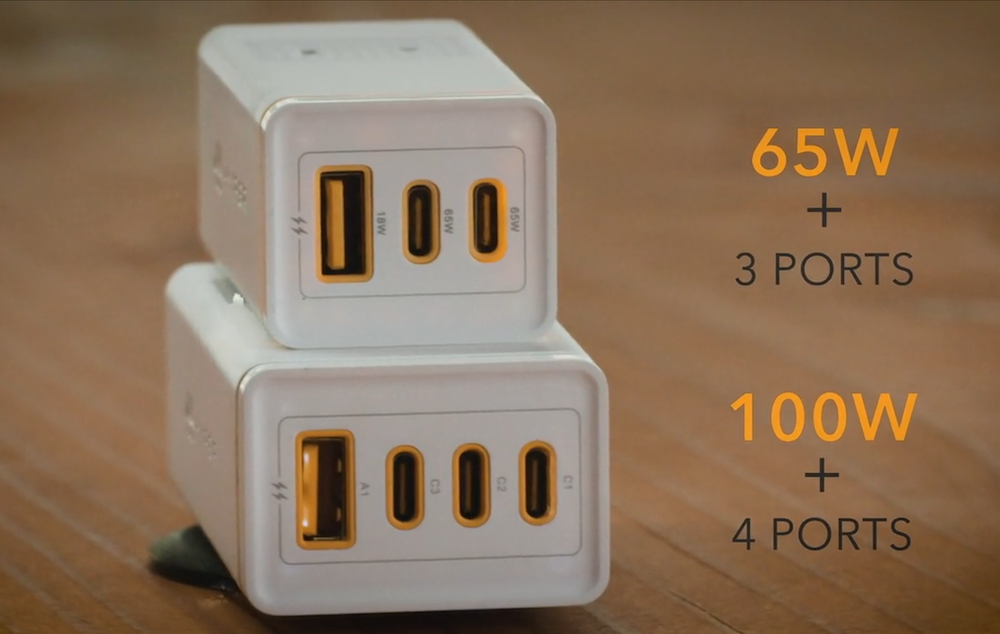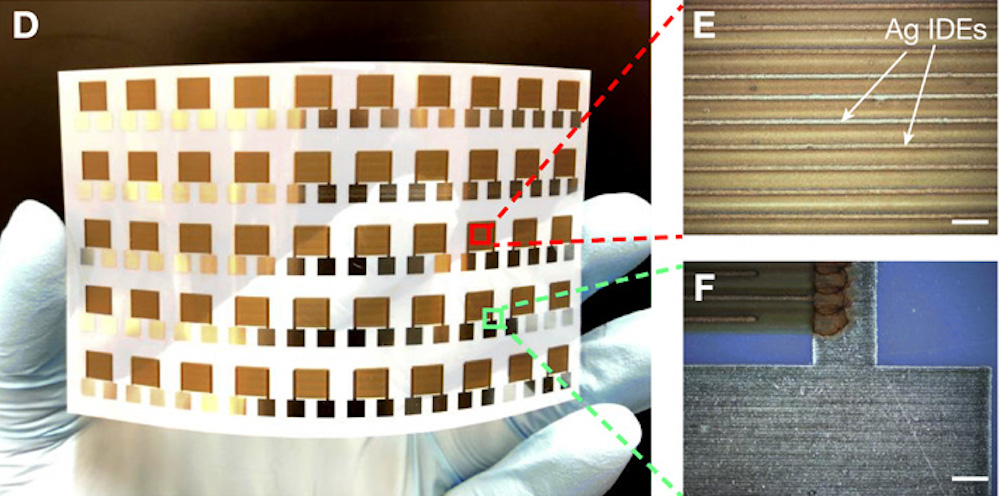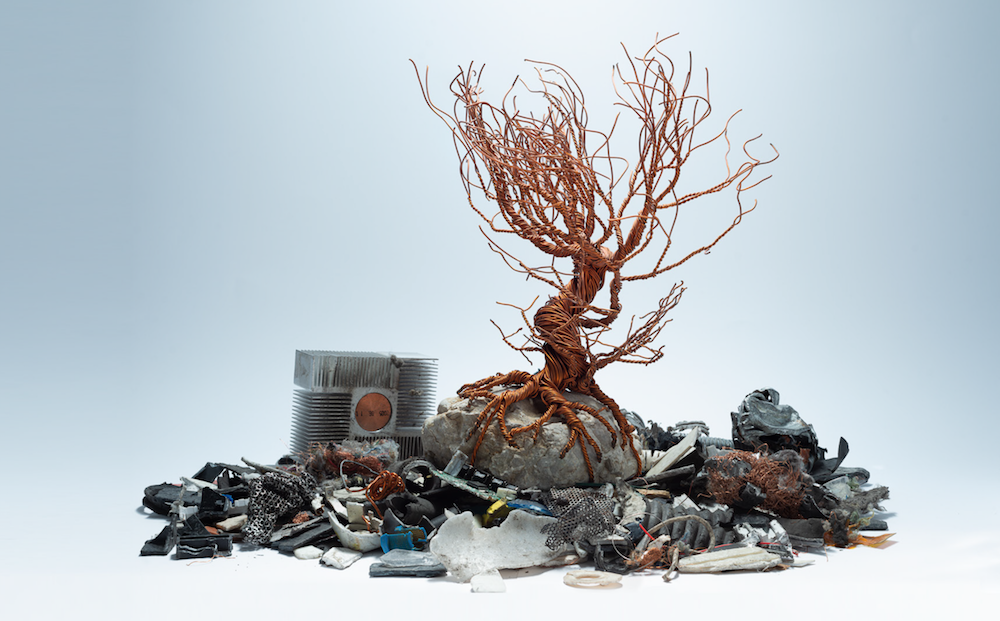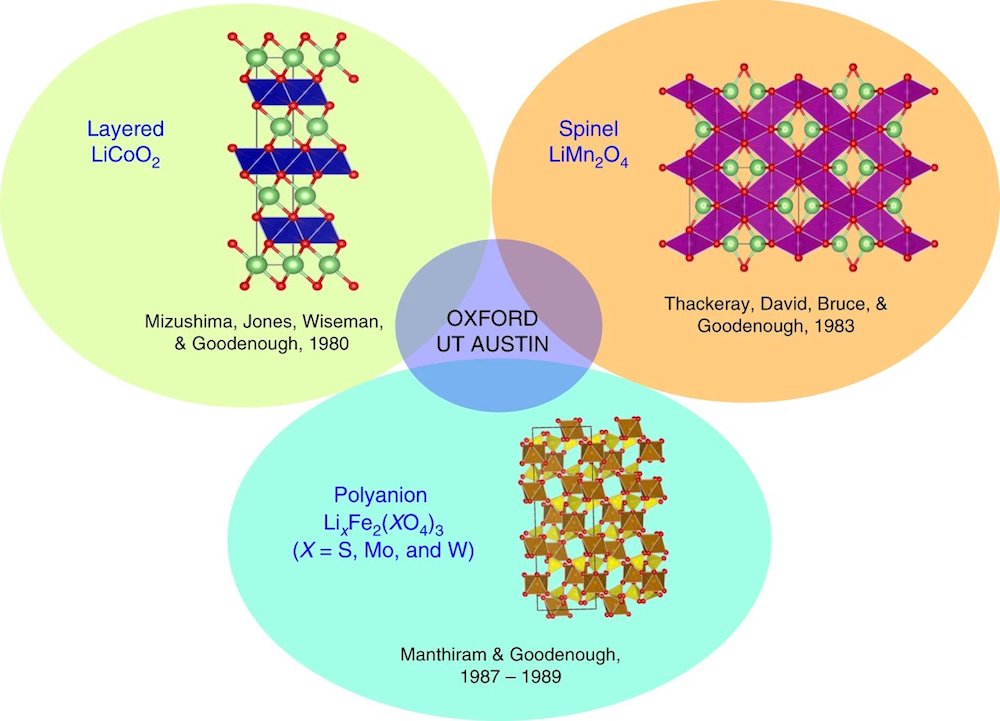Graphene nanoribbons are a family of carbon allotropes that exhibit semiconducting properties promising for electronic applications. However, the conventional bottom-up synthesis method for graphene nanoribbons is a costly and low-yield process. Researchers led by the Moscow Institute of Physics and Technology developed an alternative method that is higher yield and lower cost.
Read MoreDiamonds have many desirable properties for application in electronic devices, but their rigid crystalline structure and brittle nature make it difficult to use diamonds for such a purpose. An international team of researchers led by City University of Hong Kong revealed in 2018 that diamonds are bendable on the nanoscale, and a follow-up paper published by them this month expands on that finding.
Read MoreSocial distancing is at the top of everyone’s minds as we head into this holiday season. A new audio technology by Israeli company Noveto Systems takes this concept to heart by using “sound beaming” to send sound directly to your ears without the use of headphones.
Read MoreHaving enough outlet space on campus is a perennial problem for college students. A new Kickstarter campaign looks to fund creation of stackable gallium nitride wall chargers, which could expand USB charging capabilities while saving space.
Read MoreWhen restoring old technology, sometimes substituting modern alternatives for original parts can improve the classic design. Researchers at Northwestern University and Delft University of Technology in the Netherlands created a clone of the 8-bit Nintendo Game Boy using an energy-aware gaming platform.
Read MoreIn 2017, an international team of researchers led by the University of Cambridge found a certain alcohol-based solvent allowed uniform deposition of inks containing 2D materials—a result important to advancing printed electronics. Now, the team has proposed a mechanism to explain their finding.
Read MoreIn 2017, a report on global e-waste predicted the amount of e-waste would increase to 52.2 million metric tonnes by 2021—but we already passed 53 million metric tonnes in 2019 alone, according to a new report released this month. Learn more about why e-waste amounts are surging, why current recycling systems are not keeping up, and what can be done to combat the problem.
Read MoreIn 2019, three scientists won the Nobel Prize in Chemistry for their work developing lithium-ion batteries. A recent review article by ACerS Fellow Arumugam Manthiram traces the work done by John Goodenough’s group on oxide cathodes.
Read MoreThe spread of the coronavirus in the United States has thrown into sharp focus the problem of digital divide—unequal access to information and communication technologies. Although recent federal and local initiatives have worked to close this divide, there is still much work to be done.
Read MoreFerroelectric field-effect transistors are nonvolatile memory devices that nondestructively read stored data. However, data retention times in these devices are short. Purdue University researchers suggest a modification to conventional Fe-FET structure could overcome this obstacle.
Read More

